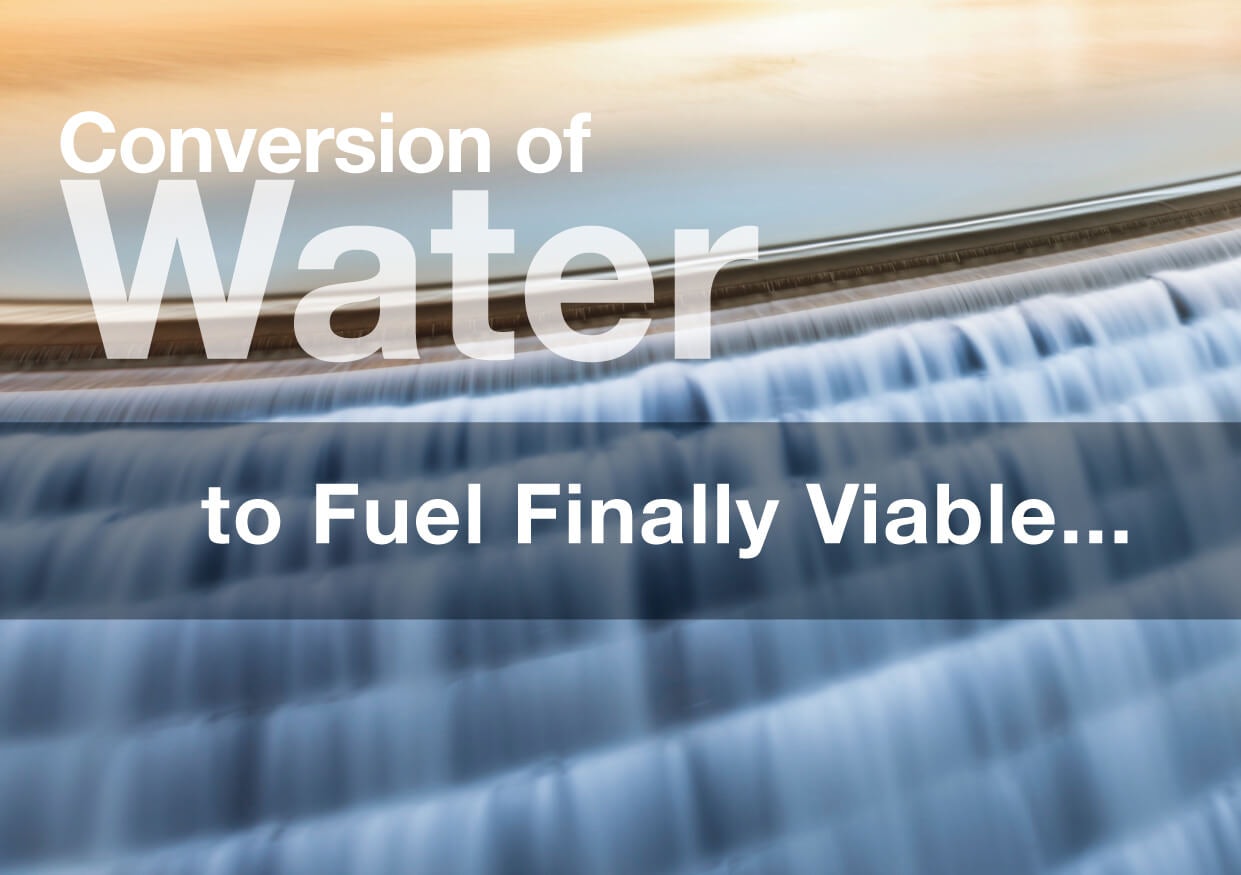Conversion of Water to Fuel Finally Viable
In late 2016, sunlight, wind and geothermal heat are no longer a surprising source of renewable energy but rather a permanent solution. For example, over the last 40 years since solar energy was first introduced, it has become a self-evident part of society that works alongside other methods.
For some time now it has been known that water can be split into the two separate components of oxygen and hydrogen and then used as a fuel. The process, however, has been lengthy and, as a result, economically exhausting – until now. The breakthrough about to change this is the work of a team of scientists from Griffith University, lead by Huijin Zhao, who has found the solution to be an ultrathin catalyst that makes the process viable financially. As of now, they are in the process of creating one, aided by a grant from Australian Research Council.
“Scientifically it’s already demonstrated, it’s already working but to do this in a way that’s economically viable, there’s still a bit of work to do and we need government policy [and] general public support,” says Zhao. His idea revolves around a two dimensional electro catalyst with low overpotential and outstanding gas detachment properties, which have been the centre of the problem to date.
The idea of producing fuel has had a somewhat negative connotation in the industry for its byproducts and environmental effect. Normalising water-to-fuel production, which is sustainable and environmentally friendly, is a promising basis for the future – acting as an example, other “black” methods could be experimented with to see whether they can undergo a transformation to green. If Zhao’s endeavour is met with success, that could certainly happen.
Dashboard sees it as an exciting opportunity and an inspiration to the industry. As we try and balance the green agenda with feasibility for others as well as ourselves, the conversion of water into fuel has every chance of leading users and producers of conventional energy to more modern ways of operating. The researchers promise to deliver “the next generation of clean fuel” and we would certainly like to see the statement become a reality.
